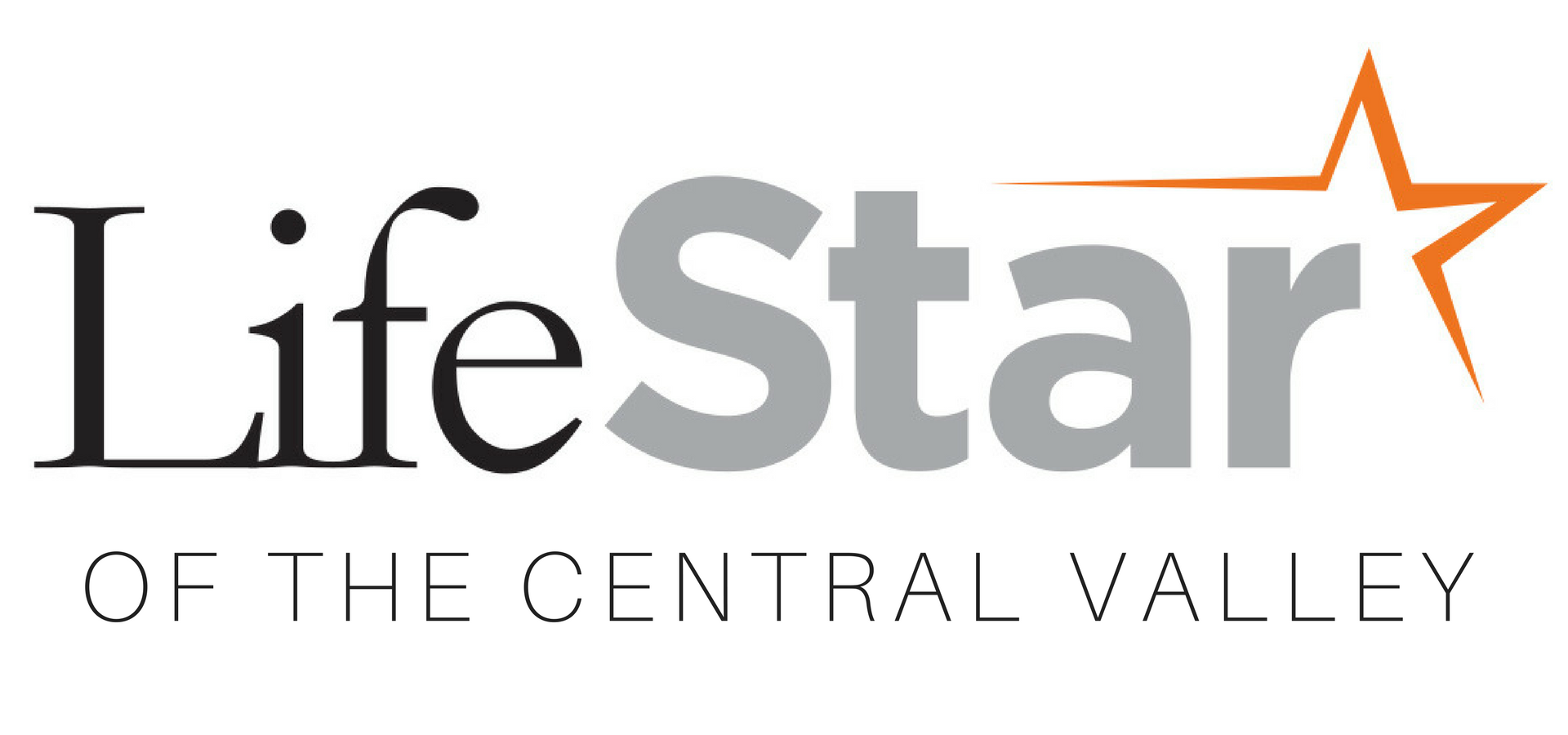An outpatient treatment program designed for individuals, and couples, affected by sexual addiction.
Through an innovative and proven 3-step treatment program, our group therapy approach gives participants the resources, support, and structure needed to experience a successful recovery from the damaging effects of pornography and sexual addiction.
At LifeSTAR of the Central Valley, we understand the origins of sexual addiction and what makes it so hard to overcome. Over the last 10 years, we have helped countless individuals through the amazing, healing process.
Step 1: Take the Quiz
The Addict & Partner Quizzes are short assessments designed to evaluate your current relationship with sex & pornography, in order to determine if the LifeSTAR approach is right for you.
SELF EVALUATION
Complete the self evaluation to discover if LifeSTAR can help you heal from your pornography/sexual addiction.
PARTNER'S SURVEY
Complete the survey to discover if someone you love may be struggling with pornography/sexual addiction.
Step 2: Getting Started Workshop
Start For FRee!
The Getting Started Workshop series is the educational piece of the recovery process. It’s important to understand the underlying issues that influence unhealthy behaviors, in order to take a more proactive approach to recovery and life.
We strongly recommend that dating/engaged/married couples come together so they can begin the process of education and healing together.
1 hour, once a week for 9 weeks
Attend your first workshop for FREE, to discover if LifeSTAR is right for you.
Step 3: Recovery Groups
In small gender-specific groups, participants will complete tasks and assignments, and hold one another accountable. These tools and principles lay the groundwork required for lasting recovery. The work in Step 3 focuses on providing a deeper look at denial, the addiction cycle, fantasies and objectification, relapse prevention, and healthy living.
Deeper, and more personal work is done in this phase for all participants. By learning mindfulness tools, building coping skills, through completing exercises and workbooks, participants get to the root of their addiction, become accountable for their actions and sobriety, and form a close-knit support group with the other group members.
The partners focus on deep recovery work from the trauma they have experienced.
90 minutes, once per week For 6-12 months
Success Story
"I have tried to beat my sex addiction all my life. After trying, unsuccessfully, many times, I finally resigned myself to a life of misery. LifeSTAR provided a framework, tools, and an environment (group) to peel back the layers to find underlying faulty thinking that supported my addiction. Without it, I would still be just a shell of a man constructed on a pretense of who I wasn’t, but always wanted to be."
— Male Addict in Recovery


